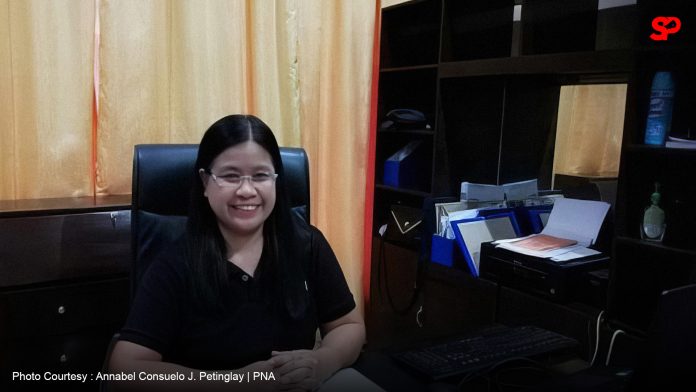By Xander Ledesma
The Department of Trade and Industry (DTI) has called on local government units (LGUs) in Antique province to reinforce their One Town, One Product (OTOP) initiatives by setting aside funds and establishing dedicated Project Management Offices (PMOs).
Mary Jade Gonzales, officer-in-charge of DTI-Antique, said on Friday that she plans to visit all 18 municipalities in the province to encourage local officials to identify their unique products and comply with the provisions of the OTOP implementing rules and regulations (IRR). Under the IRR, LGUs are asked to form PMOs tasked with advocating and promoting these locally identified products.
“LGUs will be encouraged to identify their potential products and establish PMOs with staff,” Gonzales said in an interview. She added that DTI continues to assist localities by offering marketing support during trade fairs and providing training on packaging and labeling to enhance product presentation.
Historically introduced in the mid-2000s, OTOP is a program pioneered by the national government—primarily under the DTI—aimed at fostering local entrepreneurship by focusing on a signature product or service unique to each town or city. The program’s broader objective is to stimulate economic growth and ensure that local communities benefit from their distinctive cultural and natural resources.
In Antique province, several municipalities have already designated key local products under the OTOP program. The municipality of Bugasong, for instance, has identified its renowned handloom weaving—or “patadyong”—as its flagship product. Bagtason Loom Weavers Association President Mario Manzano emphasized that LGU support is a significant factor in maintaining the industry’s viability.
Other towns in Antique have highlighted a range of products through OTOP. Anini-y is known for its buri mats and boxes; Barbaza for its veggie chips, veggie canton, and batwan powder; while Belison focuses on garments and other wearable items. The DTI believes that once PMOs are established in these areas, there will be better coordination, resource allocation, and long-term planning to sustain and grow these local industries.
Gonzales hopes that by strengthening the OTOP framework, Antique’s towns and cities can further showcase their traditional crafts and unique offerings in both domestic and international markets.

